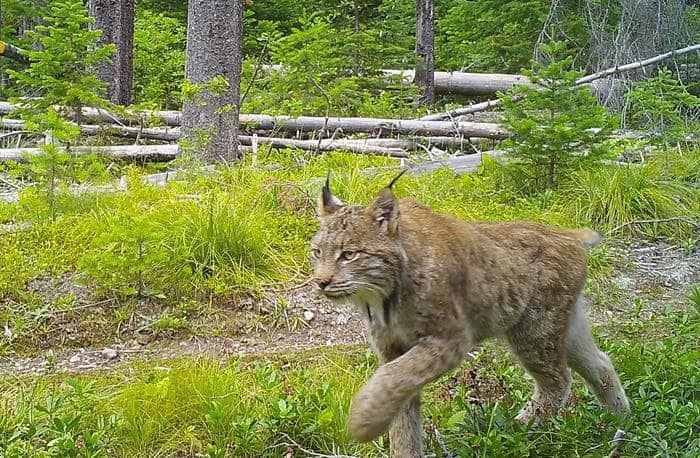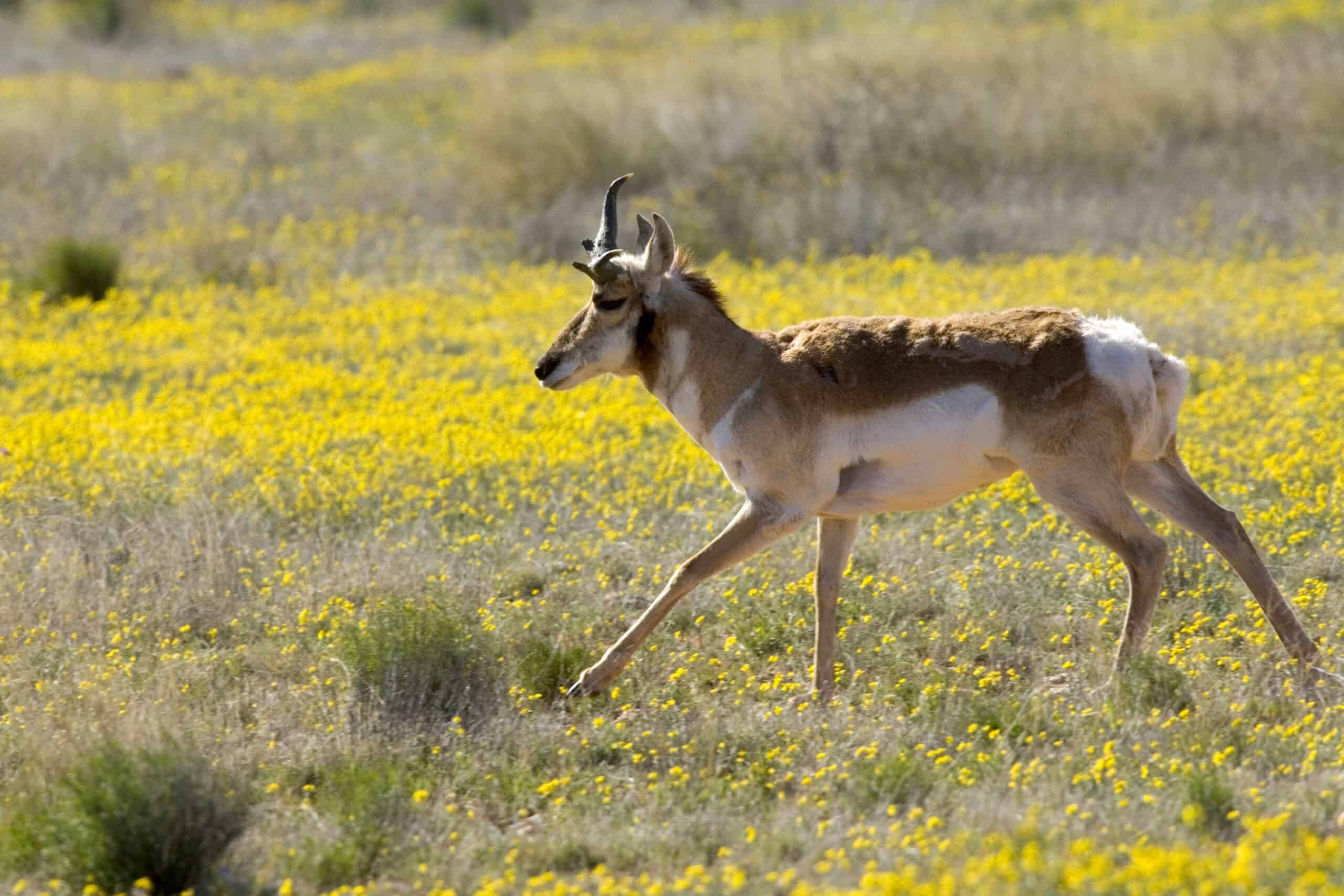Share this article
For most hunters, success defines a good hunt
Hunters often say enjoying nature and bonding with friends and family are favorite parts of the experience, but what contributes most to the happiness they get from the hunt?
It’s the sense of achievement, recent research suggests, and understanding the nuances of this answer could help managers formulate more effective wildlife policies.
Rather than rely on surveys, researchers analyzed hunting tales posted to online sportsmen’s forums based across North America, from British Columbia to Texas. Trying to unpack what part of the hunt was the most satisfying, they coded 455 narratives recounting specific hunts for key words signifying contentment or discontent. They also compared the various types of satisfaction between hunting accounts featuring carnivores —bears, wolves, cougars and others — and ungulates such as deer, elk, moose and sheep.
“The dominant satisfaction talked about most frequently within stories was achievement — across the board, but even more so for carnivores,” said Alena Ebeling-Schuld, lead author on the paper available in open access on early view in the journal, Wildlife Society Bulletin. “Eighty-six percent of carnivore stories had achievement as dominant among multiple satisfactions expressed, as opposed to 81 percent of ungulate stories. What they were able to shoot or how well they performed mattered especially to carnivore hunters.”
Carnivore hunters described satisfaction from socializing with family and friends or spending time in nature less often than ungulate hunters, she said, and in nearly half of the stories in which carnivore hunters mentioned just one kind of satisfaction, it was always achievement.
“Carnivores are bigger and have bigger ranges of territory, so they’re more difficult to find, kill and get hunting permits for,” said Ebeling-Schuld, who was an undergraduate at the University of Victoria when she conducted the study. “The sense of achievement if you accomplish that is all the greater if you have more obstacles.”
The research can help managers develop alternative opportunities for non-consumptive wildlife recreation, Ebeling-Shuld said, and it suggests that hunter education programs could do more to highlight connecting with nature and other people as reasons to find happiness in hunting.
“These findings give us a better idea of how to keep hunters happy and wildlife populations sustainable,” she said. “If our results are representative of hunters on a large scale, if you design policy that doesn’t factor in that achievement is most important, your policy might not be successful or have hunter support. And if you’re making policy for carnivore hunting and basing it on data from ungulate hunting, it might not be effective.”
To view the article, members can log in to Your Membership, click on “Publications,” and then “Wildlife Society Bulletin.”
Header Image: A black bear lumbers through the Great Bear Rainforest, British Columbia. ©Alena Ebeling-Schuld








